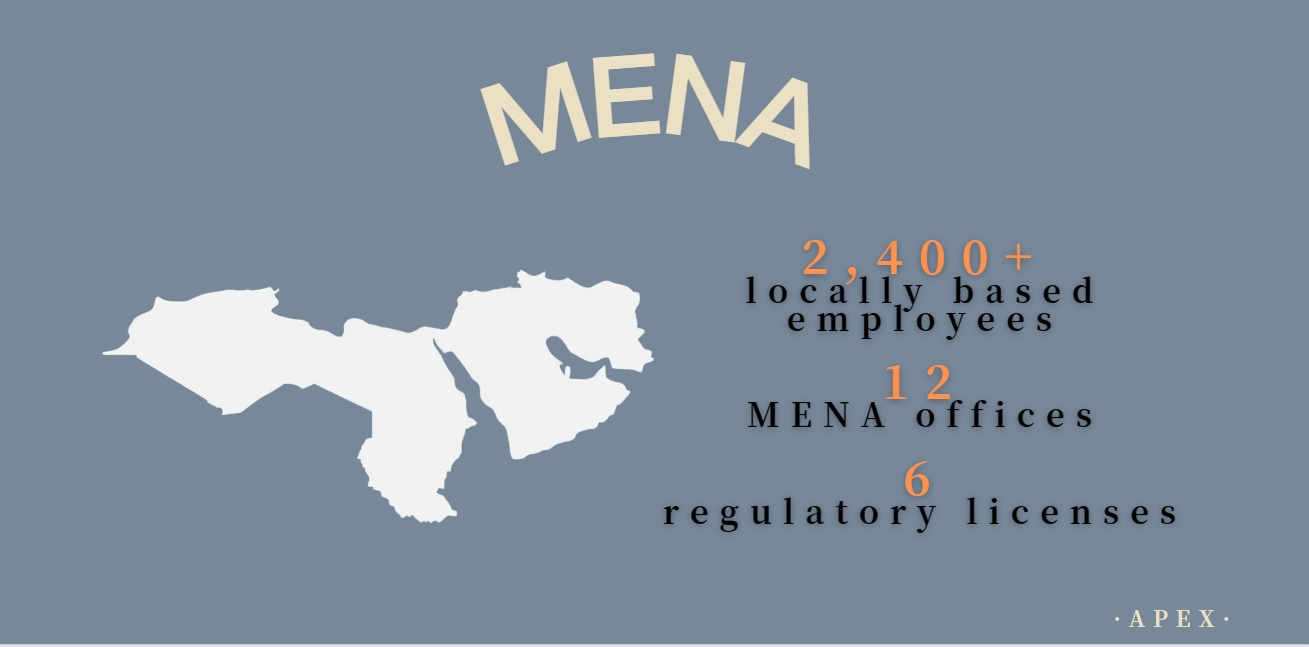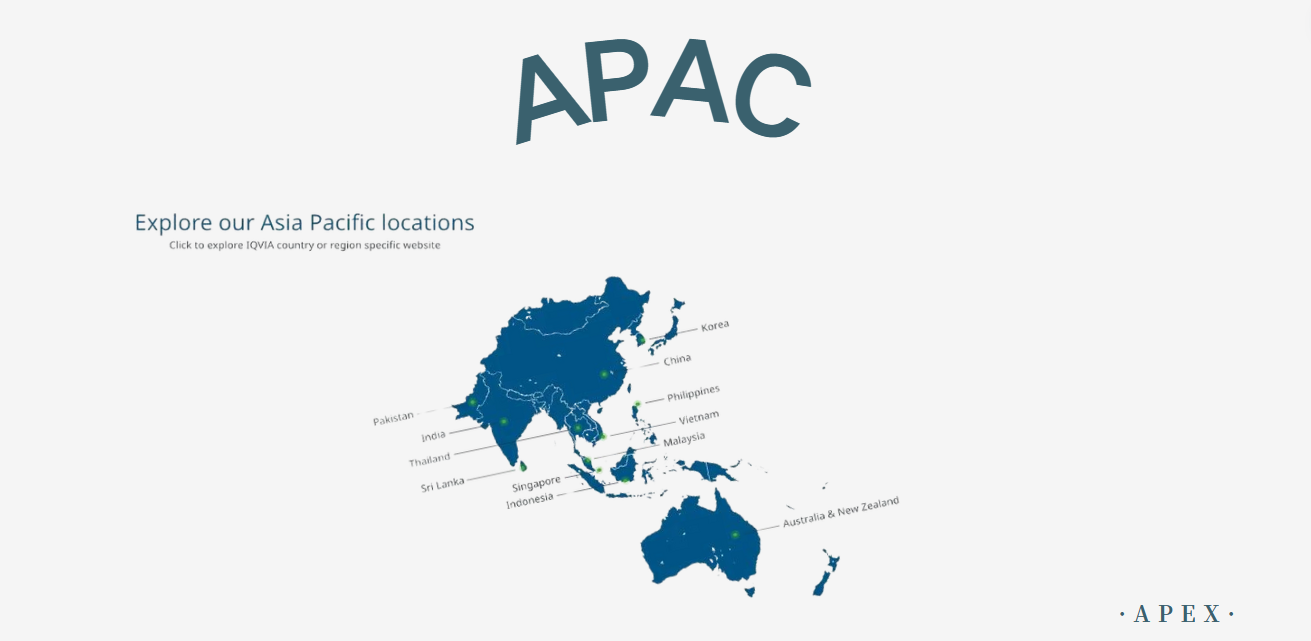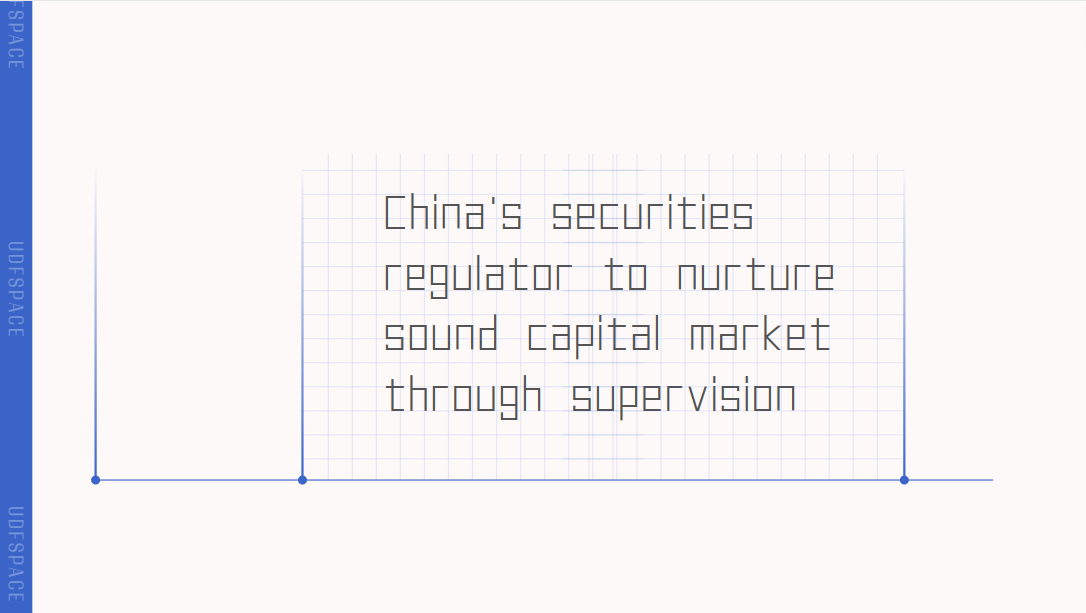Insurers play positive role as economic, social stabilizers
PICC Group provided insurance services to more than 900,000 companies in the first 11 months of last year, with a total insured amount of over 900 trillion yuan ($125 trillion).
This is just one example of how China's insurers make efforts to help enterprises and people hedge risks, playing a positive role as an economic stabilizer.
The latest data from the National Financial Regulatory Administration showed that last year, original premium incomes of the insurance sector totaled 5.1 trillion yuan, a growth of 9.1 percent year-on-year. Meanwhile, claims and benefit payments amounted to 1.9 trillion yuan, 21.9 percent higher on a yearly basis. There were 75.4 billion new insurance policies, registering a year-on-year increase of 36.1 percent.
Zhang Baohui, a senior executive of PICC Group's strategy department, said PICC has strengthened efforts on four major fronts in order to make more contributions to the building of a modern industrial system, including providing stronger insurance support for the manufacturing industry and better insurance services for high-tech enterprises.
For instance, it provides risk protection services for the transformation of traditional industries, helps optimize and upgrade the industrial structure, and has developed comprehensive insurance service plans for chemical, biomedical and new energy industrial parks.
It has also launched insurance products that cover the entire operations of sci-tech companies, including research and development, production, and sales. In the first 11 months of last year, PICC underwrote 106,000 high-tech enterprises.
Besides, PICC initiated the establishment of an insurance fund pool for the integrated circuit industry, providing precise and comprehensive risk solutions for the domestic integrated circuit industry to develop strengths in industrial and supply chains.
It has also improved embedded insurance services in both upstream and downstream industry chains, with a focus on key sectors such as electric power, transportation and aviation, and promoted green insurance products to empower China's green energy transition.
Embedded insurance is the bundling and sale of insurance coverage or protection while a consumer is purchasing a product or service, bringing the coverage directly to the consumer at the point of sale.
Zhao Guodong, vice-president of China Life Insurance (Group) Co, said the company will further contribute to the pension finance sector by providing more products and improving service quality. It aims to play a significant role in improving the country's social security system, as well as people's livelihoods and quality of life, Zhao said.
The company has provided investment management services for over 40 billion yuan of basic pension funds. As for occupational pension, the company ranks first in the industry in terms of assets under management.
It has developed a comprehensive range of pension products, including whole life insurance and exclusive commercial pensions, meeting diversified needs of pension insurance.
In particular, the company has improved risk protection services for the elderly. It was one of the first insurance companies to offer long-term care insurance and seniors' accident insurance products.
Efforts have also been made to optimize elderly care services. China Life utilizes both online and offline channels to provide health management services — from doctor consultations to disease prevention — for the elderly. It has so far launched 14 elderly care projects in 13 cities, including Tianjin, Suzhou in Jiangsu province, and Chengdu in Sichuan province, Zhao added.
Serving as an economic and social stabilizer should be the main function and mission of the insurance industry, said Chen Wenhui, adviser to the China Finance 40 Forum, or CF40, a financial think tank.
"Amid China's pursuit to realize Chinese modernization and build a modern industrial system, more long-term capital is needed to promote sci-tech innovation, and for that cause, the insurance industry should contribute more through better participation in equity investments in the primary market and venture capital," said Chen, former vice-chairman of the China Banking and Insurance Regulatory Commission that was replaced by the NFRA in 2023.
China Export & Credit Insurance Corp, or Sinosure, has stepped up efforts to serve the real economy and strengthened support for foreign trade enterprises, said Yang Minggang, general manager of Sinosure's business management department.
Yang said Sinosure has promoted cooperation under the Belt and Road Initiative. In the first 11 months of last year, it supported a total of $215.2 billion in exports and investments to countries and regions involved in the BRI.
In addition, it has improved both the quality and efficiency of inclusive financial services, including the underwriting and claims services for micro, small and medium enterprises. In the first 11 months of last year, it contributed to $228.7 billion of exports from MSMEs, up 10.3 percent year-on-year.
In line with China's new pattern of development, Sinosure has strictly safeguarded the industry and supply chains. Meanwhile, it is committed to delivering high-quality services to promote innovation and foster new development impetus in international trade, Yang added.
However, Chen said China's insurers still need to improve corporate governance. For example, core risks facing small and mid-sized insurers stem from loopholes in their corporate structure.
To improve their corporate structure, insurers need to put strict standards in place for shareholders and management teams, he said, adding that the insurance sector also needs to make more efforts for consumer education and protection to ensure long-term healthy development.













































First, please LoginComment After ~